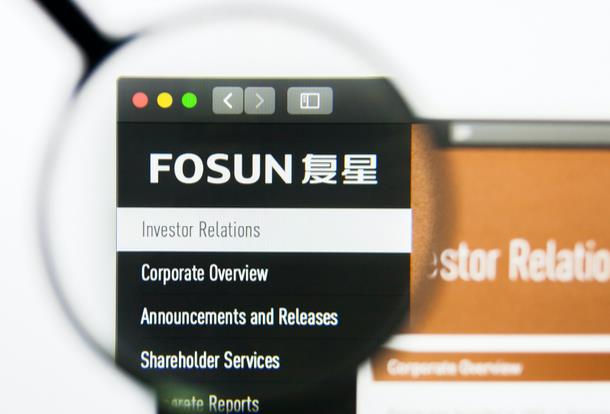Forty percent of organizations have reported plans to expand budgets because of opportunities presented by the Belt and Road initiative. These results were released during the thirteenth annual China Business Travel Forum (CBTF), held in Shanghai today.
Last year, China became the country with the largest business travel expenditure in the world, overtaking the United States. Despite 75% of China’s business travel spend being domestic, its increasingly outward looking approach to global commerce is likely to create opportunities for international business travel in future. China’s Belt and Road Initiative is one such example of a major investment project that could benefit Chinese organizations with an international travel program (43% of companies), as well as those with a regional program (21% of companies).
Financial returns from business travel are clear and measurable
This year’s Barometer highlighted the importance of business travel as a key driver of revenue for many Chinese organizations, with 90% reporting that increased client-facing travel would likely increase revenue. Additionally, more than half the respondents (53%) believe an increase in client-related travel would improve overall revenue by 10-20%. Developing new business relationships, and maintaining existing clients were also listed as the top two reasons for business travel.
Beyond simply acknowledging the value of business travel to overall company bottom line, most Chinese organizations also reported having systems in place to measure the return on investment (ROI) of business travel. Forty one percent of organizations currently track the level of business travel expenditure required to sign a new business deal on a monthly basis. More than half of companies also claimed to measure business travel ROI by linking business travel spend to company revenue, reviewing T&E programs with C-level management, regularly aligning travel program with business strategy, and linking business travel spend to converting prospects or maintaining client relationships.
Interestingly, almost half of respondents (46%) in this year’s Barometer say their company could save 10-20% of their total travel budget from better budget management. Twenty percent of larger companies also stated they are likely to replace close to half of all internal meetings with video or teleconferencing within the next year.
In addition to saving money from better budget management, many companies also identified indirect costs and opportunity costs as key areas of focus. For example, 40% of companies reported requiring pre-trip approvals by manual paper or email, which can lead to inefficiencies compared with automated processes.
Organizational goals must be balanced with traveler experience concerns
The voice of the traveler seems to be growing in importance again this year, with the Barometer revealing Chinese organizations currently view their comfort and wellbeing as being equally important to cost, while safety considerations are most important.
Inflexible travel policies (30%) and complex reimbursement processes (23%) were reported as the top two complaints for business travelers. With 30% of companies reporting travel policy compliance below 75%, steps which improve overall traveler experience could increase compliance and reduce overall costs.
New technologies must be balanced with operational realities
Many Chinese organizations (58%) have identified new technology and tools as a means for creating cost savings in their travel budgets. Other cost saving strategies identified by Chinese companies included streamlining costs through enhanced negotiations with suppliers (60%), and improving communication of travel policy (59%). Savings through enhanced negotiations with suppliers was considered a greater priority among smaller companies (70%) than larger companies (43%), indicating they could likely benefit from a travel management company negotiating on their behalf.
Read Original Article




